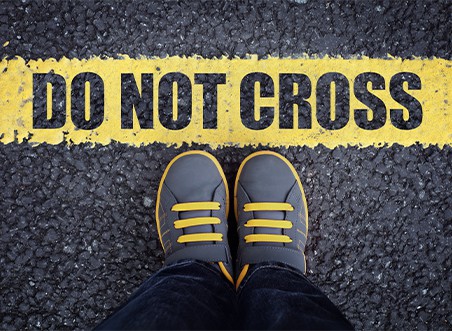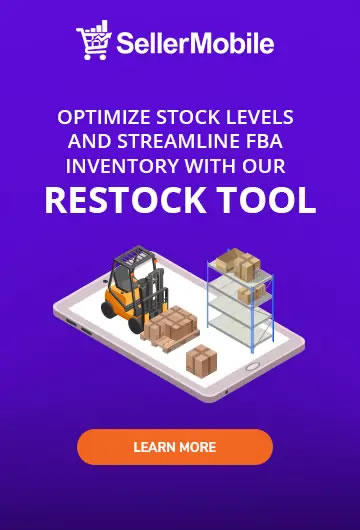Have you ever come across Amazon FBA restricted brands and “gated” categories? If you have been selling on Amazon for some time already, chances are you have seen these Amazon FBA restricted brands and categories. These categories will require you to go through an approval process before you can offer your products. Each process may vary depending on the category you are trying to get “ungated”. Regardless of whether you are selling in an open or gated category, being approved to sell does not automatically mean that you can sell every product that is listed in that category. There are many Amazon FBA restricted brands and they are restricted for a variety of reasons.
Before we share a few tips on how to get ungated, let us first find out why Amazon restrict certain brands and categories.
The reason behind Amazon FBA restricted brands and gated categories?
Amazon has always prioritized customers. It aims to offer unrivalled customer services at all times. But as the number of third-party sellers continuously increase, maintaining exemplary customer service can prove challenging. To ensure that Amazon can guarantee a safe marketplace where customers can buy items with confidence, it began to implement gated categories so it can limit the number of any new sellers. On the other hand, there is a multitude of brands that are counterfeited so heavily, leading to Amazon FBA restricted brands.
Other reasons why Amazon FBA restricted brands exist include: products are easily stolen from retail stores, brand owners don’t want the perceived value of their products to be decreased, and the brand is sold exclusively elsewhere.
You see, if a customer receives a product that does not meet their expectations, the blames falls on Amazon, and not on the Seller. It is Amazon’s reputation that is put on the line. Thus to safeguard the customer experience and protect the marketplace as a whole, Amazon set limits on certain brands and categories that are susceptible to counterfeiting and quality issues.
What are the gated categories?
- Automotive and Powersports
- Clothing, Accessories, Shoes, and Luggage
- Collectible Books
- Collectible Coins
- Entertainment Collectibles
- Fine Art
- Fine Jewelry
- Gift Cards
- Grocery and Gourmet Foods
- Kindle Accessories
- Major Appliances
- Sexual Wellness
- Sports Collectibles
- Textbook Rentals
- Toys & Games (Holiday Guidelines)
- Video, DVD, and Blu-ray
- Watches
- Wine
How to get ungated in Amazon FBA restricted brands and categories?
No two categories have the same methods of getting ungated. Meaning, you have to go through a different process for every restricted category. Some gated categories can be opened easily while some can take more time.
To get approved, you have to submit all the necessary information about your business and products. In doing so, Amazon can guarantee that you are a reliable seller with genuine items in these categories.
To request approval in Amazon FBA restricted brands and gated categories, first log in to your Seller Central account, then simply:
- Head over to the Inventory tab and choose “add a product”
- Select the product that you wish to sell
- Click the link that says “listing limitations apply”
- Click the button that says “request approval”
If you really know the product you are selling, filling out the application form should be easy. It begins by asking you to choose the markets where you want to join. You will then be asked for details about the products you want to offer, including the quantity and condition of the products.
Lastly, you need to upload images that follow Amazon’s specifications and requirements. Then, you are ready to submit your application.
What are other requirements for approval?
- Professional Seller Account
- Good Performance Metrics
- Sales Invoices
- High Quality Images
Is getting ungated on Amazon worth it?
Although not always easy, getting approved in Amazon FBA restricted brands and gated categories has a lot of perks. First, you have more opportunities to find great deals because it has less competition. Second, you don’t have to worry going through new rules each time. Unlike the open categories that often update their rules and regulations, the restricted categories tend to stick to their policies longer. Finally, it has been reported that many sellers in the gated categories have higher ROI than when selling in open categories.





